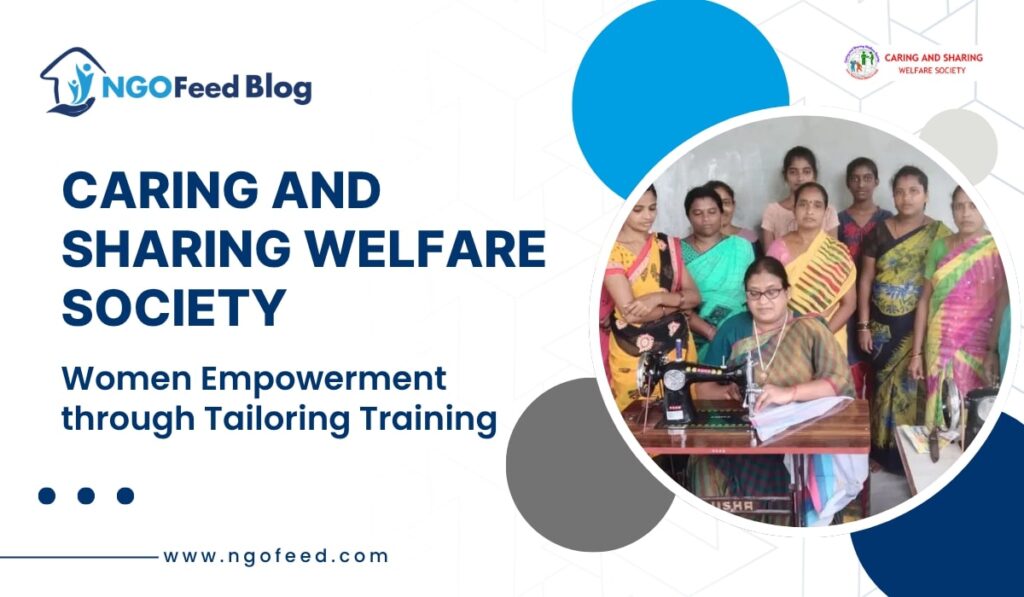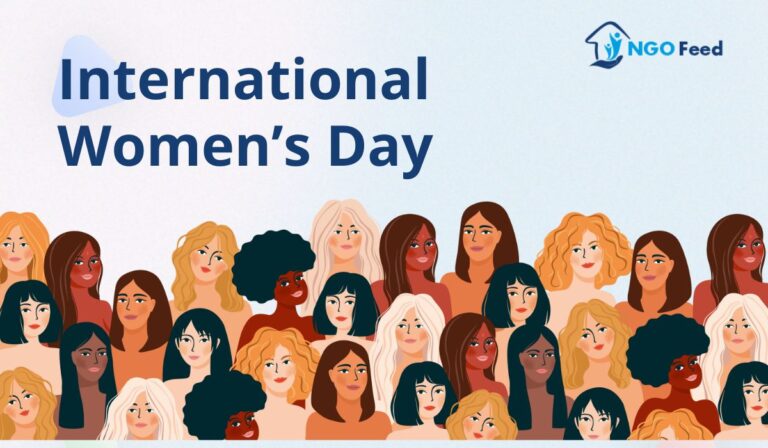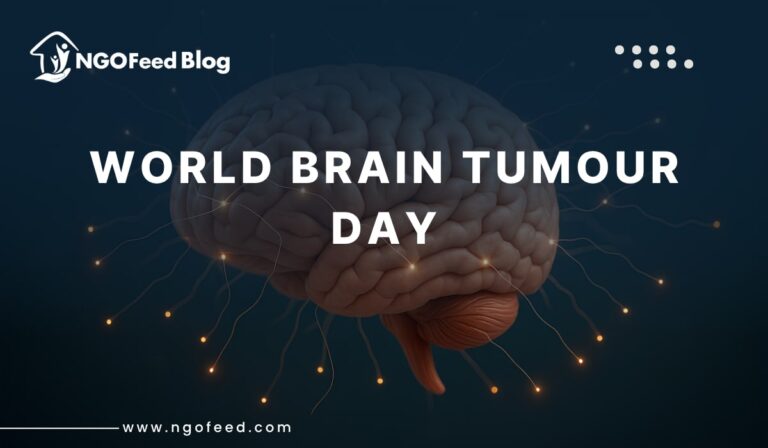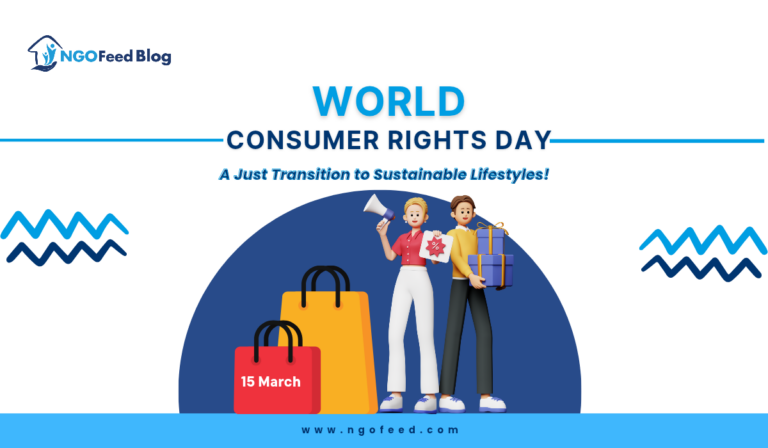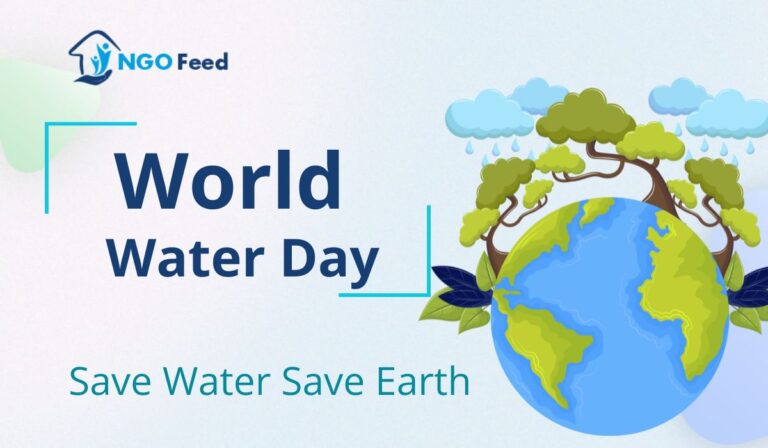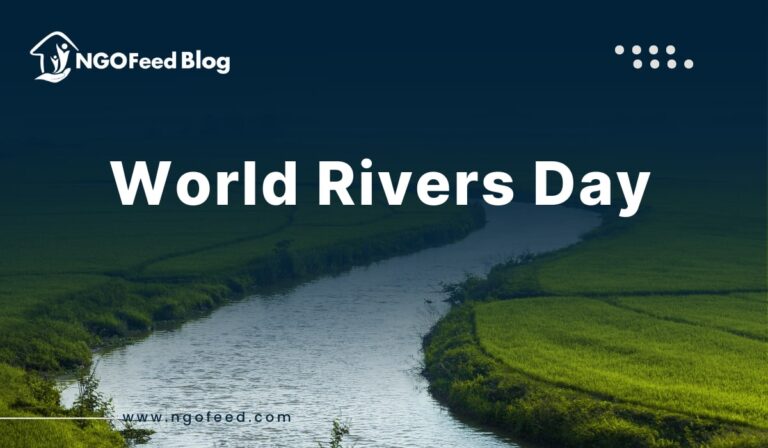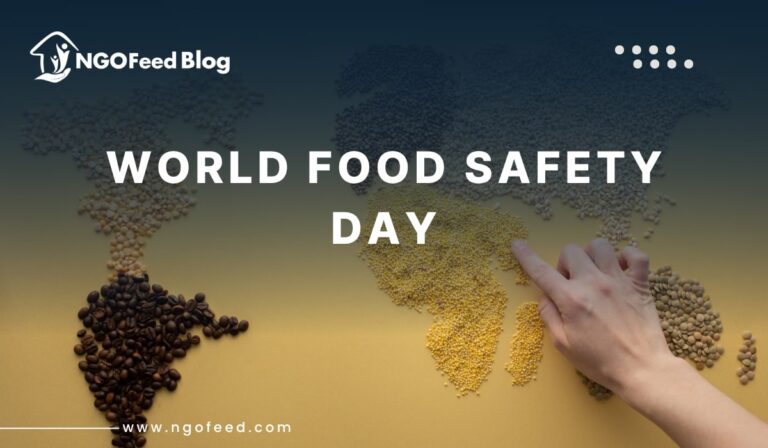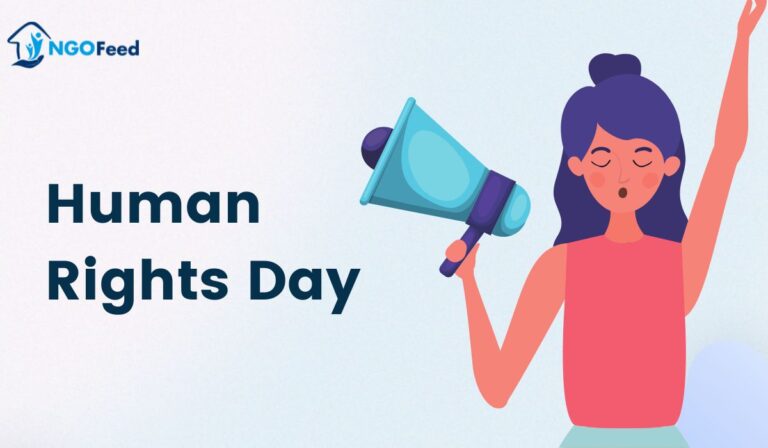Caring and Sharing Welfare Society Women Empowerment through Tailoring Training: Industrialization of the district for utilization of local resources and to create employment opportunity under MSME sector.
- Development of Rural Artisan based Units and to provide necessary assistances for revival and rehabilitation of Handicraft Artisans.
- Generation of employment opportunity both in Rural and Urban areas of the district under various Govt. sponsored programme.
Table of Contents
Promotion of Agri-Entrepreneurship and Capacity Building
- Promoting agri-entrepreneurship and private investment in agriculture.
- Capacity building of farmers, extension functionaries and other stakeholders.
- Increased use of ICT in agriculture.
Area and Sectoral Development
- Area development to decrease regional disparities and to take care of vulnerable regions affected by natural calamities.
- Sectoral approach to assist the poor in their livelihood activities with major emphasis on farming.
- Targeted approach for a section of people by creating employment generation through development programme.
- Empowering approach through financial incentives and credit support for self-employment enterprises in farm and non-farm sector.
Beneficiaries
a) Total Number of Beneficiaries
- 200 Beneficiaries
b) Percentage Details
- Percentage getting free services
- Percentage getting concessional services
Charges/Fees Collected from Beneficiaries
- Please give details of the charges/fees being collected from the beneficiaries (for each activity).
Donation Details
a) Previous Donations
- Have you received any donation from us in the past? If so, please give details.
b) Purpose for which Donation is Required
- Recurring expenses
- Non-recurring expenses – ₹85,30,200.00 (Eighty Five Lac Thirty Thousand Two Hundred Rupees Only).
Proposed Impact Assessment Methodology for the Project
Facilitating processes and mechanisms that build self-managed and self-reliant institutions of the poor.
Primacy will be given to build the ownership and control of the members in these institutions by focusing on capacity building of members and office bearers, creating social capital in the form of best practitioners, community resource persons and community staff at each level through training, handholding and systematic guidance to build the required competencies.
Dedicated project staff would facilitate the process and build the capacity of community institutions and support structures such that over a period of time they become truly independent and sustain on their own, as self-managed institutions of the poor.
Under Caring and Sharing Welfare Society, there will be two support structures for the poor:
- External Dedicated Support:
- In the form of district mission management units and civil society organizations.
- This structure will be put in place right in the beginning and its key role is to induce the social mobilization process.
- Internal Support Organizations:
- Once the institutions of the poor emerge and their capacities are built systematically, they become the internal support organizations of the poor.
- They however emerge over a period of time and require systematic capacity building and nurturing.
Also Read: Caring and Sharing Welfare Society Medical Camp for Eye and Dental Protection
Project Details
- Duration of the Project: Two Years
- Budget of the Project: ₹85,30,200.00
- Name of the Contact Person: Kadali Vijaya Kumar Raju (Gen. President)
- Mobile No.: 9492604506
- E-mail:info@caringandsharingwelfare.org
Mission Statement
“To create an ecosystem of empowerment by skilling on a large scale at speed with high standards so as to promote a culture of innovation-based entrepreneurship which can generate wealth and employment so as to ensure sustainable livelihoods for all citizens in the country.”
Objectives
1. Livelihood and Skill Development
- To provide sustainable means of livelihood to urban underprivileged women and make them aware of their right to development.
- To support the capability development through developing a confident younger generation by individual upskilling.
- To empower young women by building capacity on vocational skill and leadership development for enhancing their livelihood opportunities.
2. Socio-Economic and Inclusive Development
- Improving the socio-economic well-being of the society, particularly for the less fortunate and underprivileged members and enable them to live up to the potential that they all possess.
- Creating an inclusive development paradigm that serves all Indians and to deliver societal benefits to all geographical regions of the country without any regional, linguistic, caste, creed, religious or other barriers.
3. Employment and Entrepreneurship Promotion
- Connect the supply of skilled human resources with sectoral demands.
- Certify and assess in alignment with global and national standards.
- Catalyze an ecosystem wherein productive and innovative entrepreneurship germinates, sustains and grows leading to creation of a more entrepreneurial economy and more formal wage employment.
4. Eco-Friendly Skill Promotion
- To empower women with appropriate skills and abilities in making eco-friendly jute products to earn their livelihood, for a better tomorrow.
Empowerment Goals
a) Social Empowerment
- Create an enabling environment through adopting various policies and programs for development of women, besides providing them easy and equal access to all the basic minimum services so as to enable them to realize their full potential.
b) Economic Empowerment
- Ensure provision of training, employment and income generation activities with both forward and backward linkages with the ultimate objective of making all women economically independent and self-reliant.
c) Gender Justice
- Eliminate all forms of gender discrimination and thus enable women to enjoy not only de jure but also de facto rights and fundamental freedom on par with men in all spheres — political, economic, social, civil, and cultural.
Conclusion
Create an ecosystem of empowerment by skilling on a large scale with high standards to promote innovation-based entrepreneurship and sustainable livelihoods. Provide livelihood opportunities for underprivileged women through vocational skills, leadership development and eco-friendly product making. To improve the socio-economic well-being of society, ensure women’s economic independence and eliminate all forms of gender discrimination so women enjoy equal rights and opportunities in all spheres.

